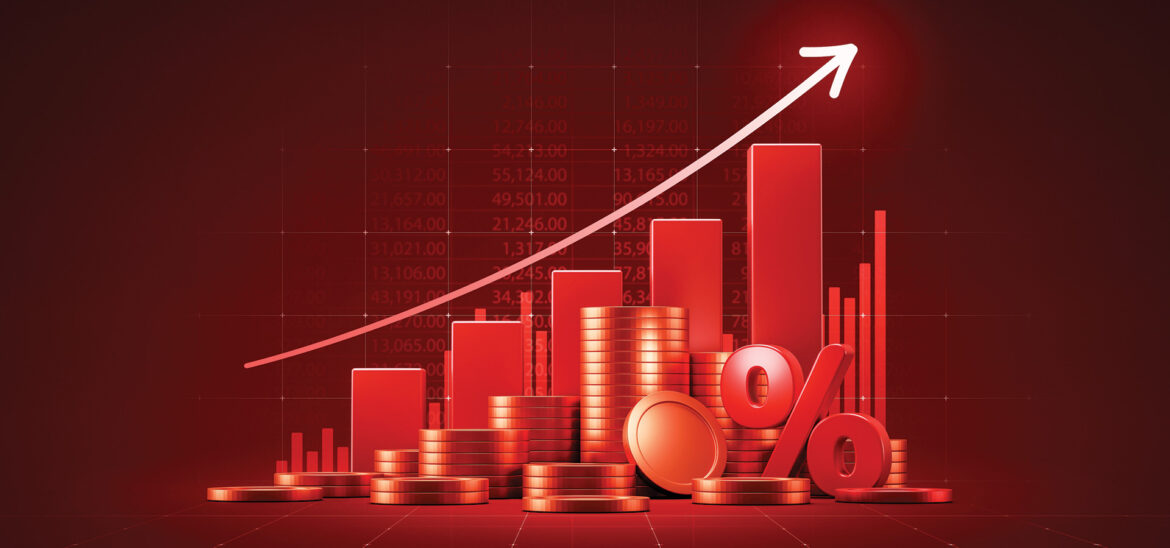Inflation is an economic phenomenon quietly molding the contours of the financial world. Over the past few decades, the prices of everyday commodities have surged, diminishing the purchasing power of our currency. This depreciation, driven by inflation, has profound implications for individuals, businesses, and the entire economic landscape.
Inflation permeates every aspect of life, from the daily cost of groceries to the value of personal savings. Stable, low, and controlled inflation is the ideal pursuit of policymakers, central banks, and the broader economic landscape. Central banks, with a target inflation rate of approximately 2% annually, endeavor to maintain a delicate equilibrium, fostering economic growth while ensuring price stability.
Comparing the present with historical epochs vividly reveals the perils of extreme inflation. In the early 1980s, the United States grappled with inflation rates exceeding 10% annually, a figure considered mild compared to the specter of hyperinflation. The hyperinflationary episode in Germany during the 1920s serves as a grim warning, where prices doubled, tripled, or even increased tenfold in a short span. This not only devalued the currency but also triggered economic instability and, in extreme cases, political upheaval.
While hyperinflation is uncommon, central banks also face the specter of deflation – a scenario where prices decrease. Deflation, despite seeming advantageous, can set off a chain reaction, causing wage reductions and making fixed loan payments substantially burdensome. This phenomenon, often associated with economic recessions or contractions, underscores the economic prudence central banks must exercise.
As consumers, it is imperative to closely monitor inflation, as it impacts wages, loans, savings, and the overall economic environment. Hyperinflation has the potential to render our hard-earned money into worthless paper, emphasizing the necessity of vigilant economic oversight. Inflation, in its various forms, remains a silent force shaping our financial destinies, and a profound understanding of it is crucial for navigating the complexities of the contemporary economic landscape.
Author Ho Duc Duy © All rights reserved.





